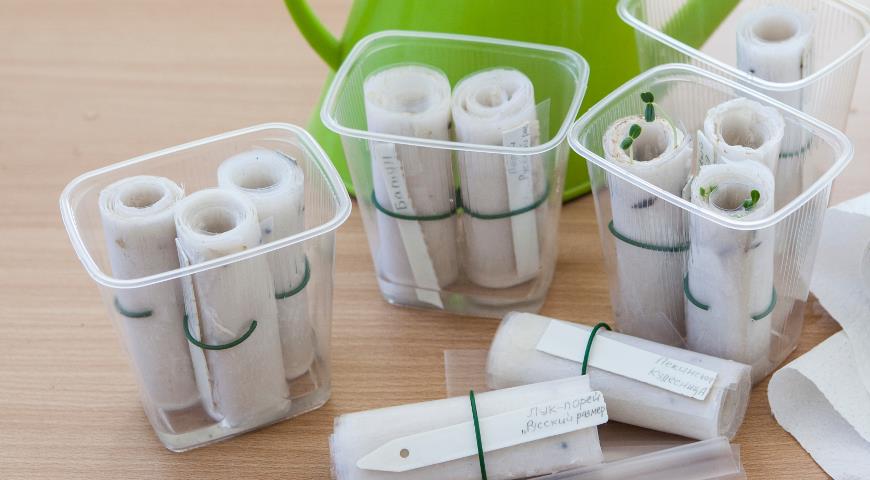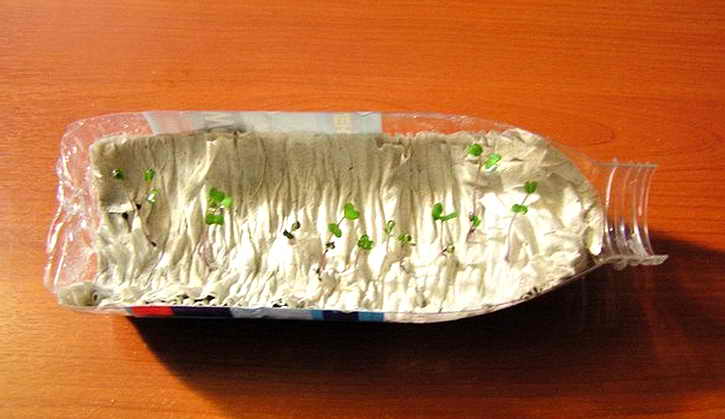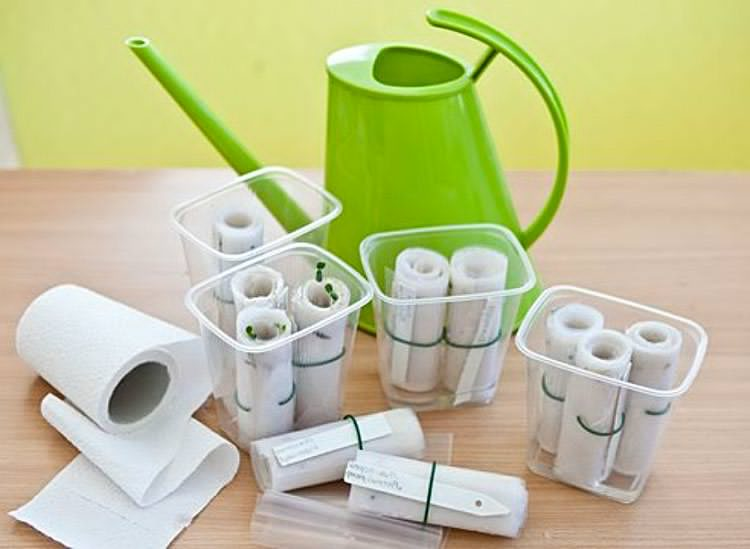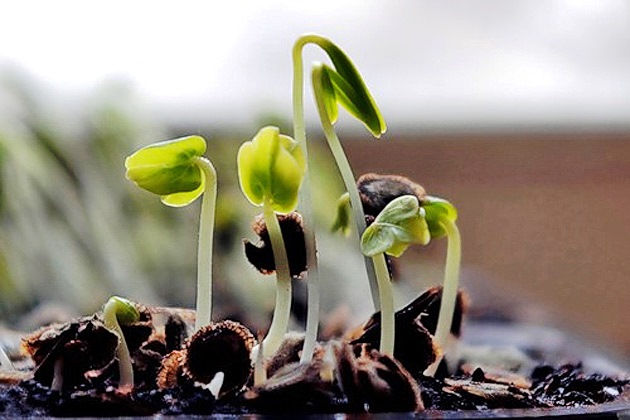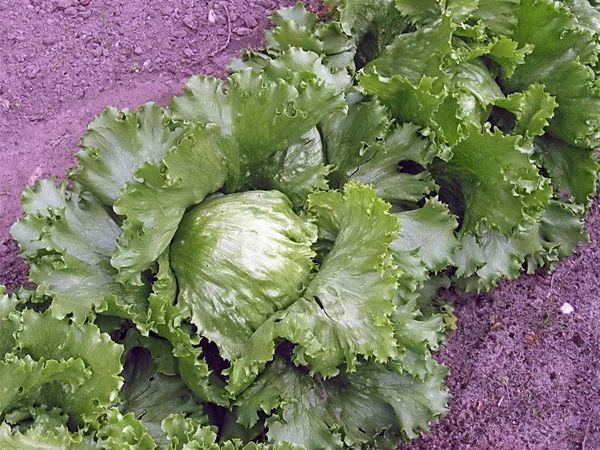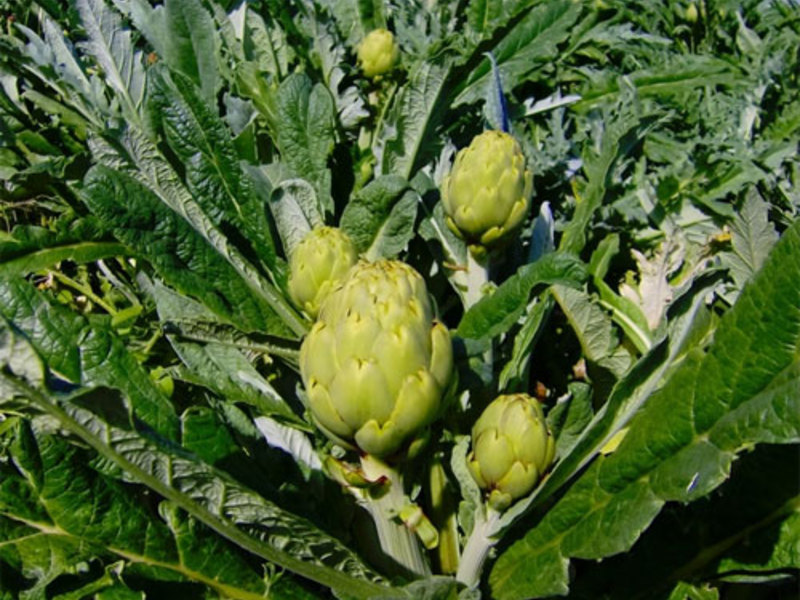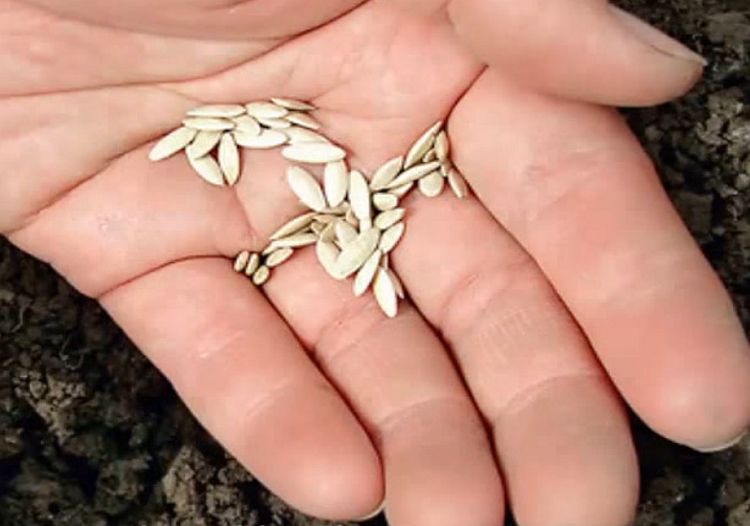Content:
Experienced gardeners say that pre-germination of seeds guarantees a high yield. The advantage of such a procedure is that it becomes possible to check the germination of seeds, the simultaneous appearance of sprouts is guaranteed, there is no need to sow a second time. Germinating cucumber seeds on toilet paper is the easiest and fastest method to get friendly shoots for subsequent picking.
Cucumbers sprout well without prior germination, they can be immediately planted in the garden, but sometimes you need to know the percentage of germination, there is not enough time to re-sow, and planting requires a seed of the same age.
Benefits of Germinating on Toilet Paper
Previously, at the end of the season, they began to prepare the ground, before planting it should have been disinfected, washed, and fertilized. Everything took a lot of time, it created inconveniences in the apartment, dirt and debris appeared. Not so long ago, a new method of germination has appeared: sowing seeds is performed on toilet paper.
With its help, the procedure is quick, no dirt remains at home. Seedlings feel great, they save time and effort for gardeners.
The composition of toilet paper includes waste paper and cellulose, they allow you to replace the substrate for seed germination. The paper tears easily and is very soft. The roots that appear do not penetrate inside, which makes it possible to freely remove the seedlings without damaging the roots.
The food reserve in the seed itself is quite enough for germination and there is no need for additional nutrition.
The obvious advantages of this method attract gardeners:
- high germination;
- the lack of a large amount of nutrients stimulates the development of the root system, and not the forcing of the stem and leaves;
- seedlings are stronger than those grown on nutritious soil;
- it is easier to reject weak seedlings, because of the ability to see the roots of seedlings and choose the strongest of them;
- the viability of seedlings is much higher;
- the risk of contracting diseases is excluded (for example, black leg);
- simplicity and ease of care;
- saving space before picking and planting seedlings in a separate container.
The method is especially suitable for seeds with an expired shelf life (the ability to visually observe the appearance of roots, and in the absence of them, plant other seeds).
After the roots germinate, the crops must be inspected every day, so as not to miss the picking time, otherwise the seedlings may die.
How to germinate cucumber seeds in toilet paper
When choosing a seed, it is necessary to select seeds without visible damage, monochromatic, with a glossy smooth surface.
When starting work, "dead" seeds are discarded first. Prepare a saline solution, dip the seeds into it, stir. Those that are left floating on the surface of the water are discarded.
Then there are 2 ways to germinate.
"Hand-rolled"
What you need:
- water, preferably thawed or settled from the water supply;
- spray;
- polyethylene film;
- cucumber seeds of the same variety;
- a roll of toilet paper (preferably gray or white);
- plastic containers or glasses;
- marker.
Sequence of operations:
- cut strips 9-10 cm wide from plastic wrap;
- spread the strip on a flat surface;
- lay two layers of toilet paper on top, covering the entire surface of the strip;
- moisten paper from a spray bottle;
- stepping back from the top edge by 1 cm, distribute the cucumber seeds in one line, maintaining gaps of 2 - 3 cm so that the roots that appear do not touch, otherwise they will get confused and will be damaged when picking;
- cover the decomposed seeds with a double layer of toilet paper, moisten well;
- cover with a second strip of film;
- gently roll it up;
- Fill a plastic cup (container) with water to a height of 5 - 10 mm. Place the roll in water on the side where there are no seeds;
- on the outside of the glass, make an inscription with a marker with the name of the variety, the sowing date and the number of seeds. Repeat the procedure for each grade.
Preservation of heat inside the glass is ensured by covering it with plastic wrap and placing it in a warm place.
On the 4th - 5th day, sprouts will appear. The film is removed after they appear over the paper and the containers are placed in a well-lit place.
Water is added regularly when the roots reach the liquid level at the bottom of the glass.
When two leaves appear, the film is carefully unfold and the seedlings are dived into separate containers with soil. The wet toilet paper remaining on the roots will not interfere with the development of the plant and will gradually dissolve in the soil, which is a plus when germinating seeds in toilet paper.
Using a plastic bottle
You can germinate cucumbers using a plastic bottle, which will simultaneously serve as a garden bed and a greenhouse.
To implement the method you need:
- plastic bottle;
- plastic bag;
- seeds;
- toilet paper;
- water (melted or settled from the tap);
- scissors.
You need to do the following:
- cut a hole on the side of the bottle so that the bottom and neck are on the larger part (boat shape);
- cut into strips of toilet paper;
- set the resulting cut of the bottle horizontally;
- line the inner surface of the bottle with cut strips, moisten the paper well with water;
- spread the seeds at intervals of 1 - 2 cm on the surface;
- cover the top with two strips of toilet paper, moistening;
- put a marker on the bottle indicating the name of the variety, sowing date, number of seeds;
- place the bottle with seeds in a plastic bag, tying it with an elastic band to create a greenhouse effect. Place the bag with the bottle in a warm place until sprouts appear.
Care should be taken to keep the paper damp.
When shoots appear, the package is removed. This method is simple, economical and compact.
Useful Tips
There is not always confidence in the quality of the seed, therefore experienced vegetable growers advise to germinate the seeds before sowing, and then plant them in the garden.
Before germination, it is recommended to carry out seed treatment, which includes the following operations:
- calibration- selection of large, uniform, shiny seeds;
- rejection- the seeds are dipped in a saline solution, mixed, removed to the surface, the rest are washed from salt;
- disinfection- the remaining seeds are soaked in a 1% solution of potassium permanganate for 20 minutes, then washed and dried;
- bubbling- the seed that has passed all the stages is poured into a glass container with water, the air divider from the compressor for the aquarium is lowered into it, and it is turned on; when the seeds move, they are enriched with oxygen, which leads to rapid germination.
It is recommended to use growth stimulants, which shorten the hatching time and increase the number of germinated seeds. The trade offers a huge number of drugs.
As natural, you can use aloe juice and honey.
Among gardeners there are adherents of seed soaking and those who consider this procedure useless and harmful. Some put forward requirements for the quality and temperature of the water. It is suggested to use soft water: rain or melt, in no case, distilled water. The temperature is not less than +25 ° С.
The simplicity and convenience of the procedure attract fans to use new original methods of germinating cucumber seeds and growing seedlings of vegetable crops.
